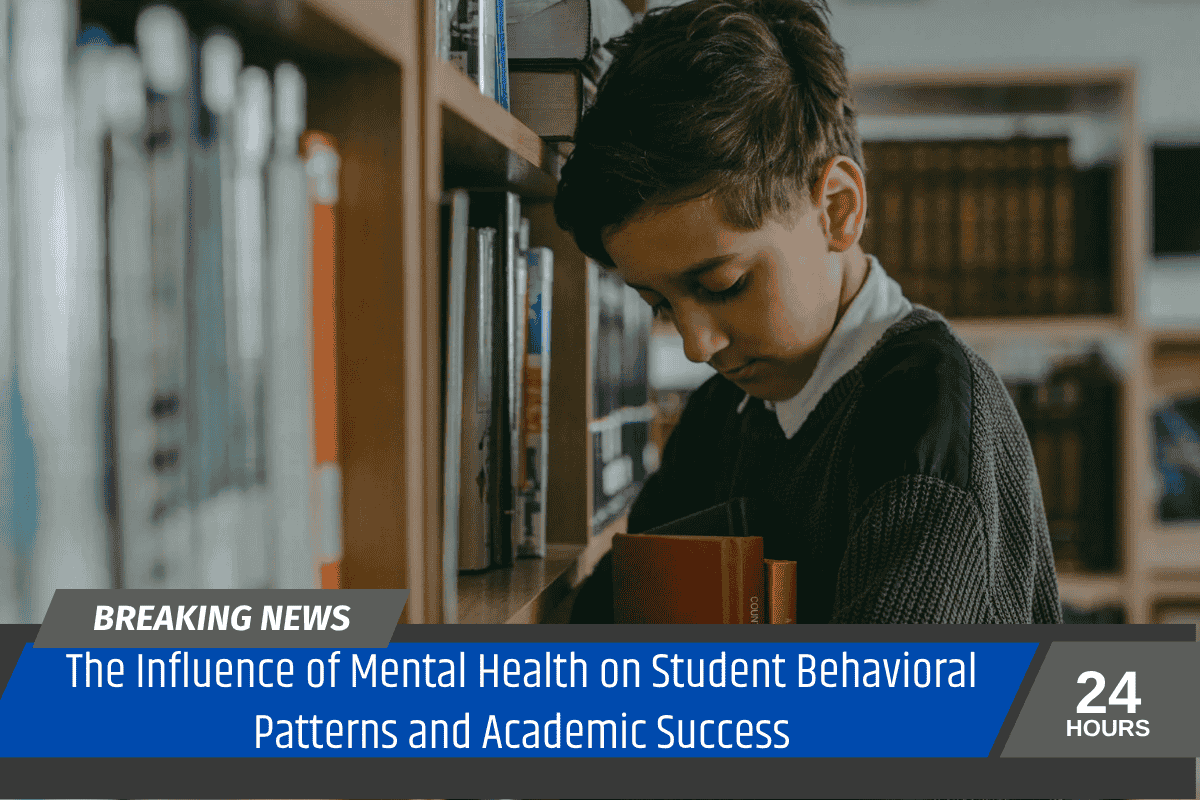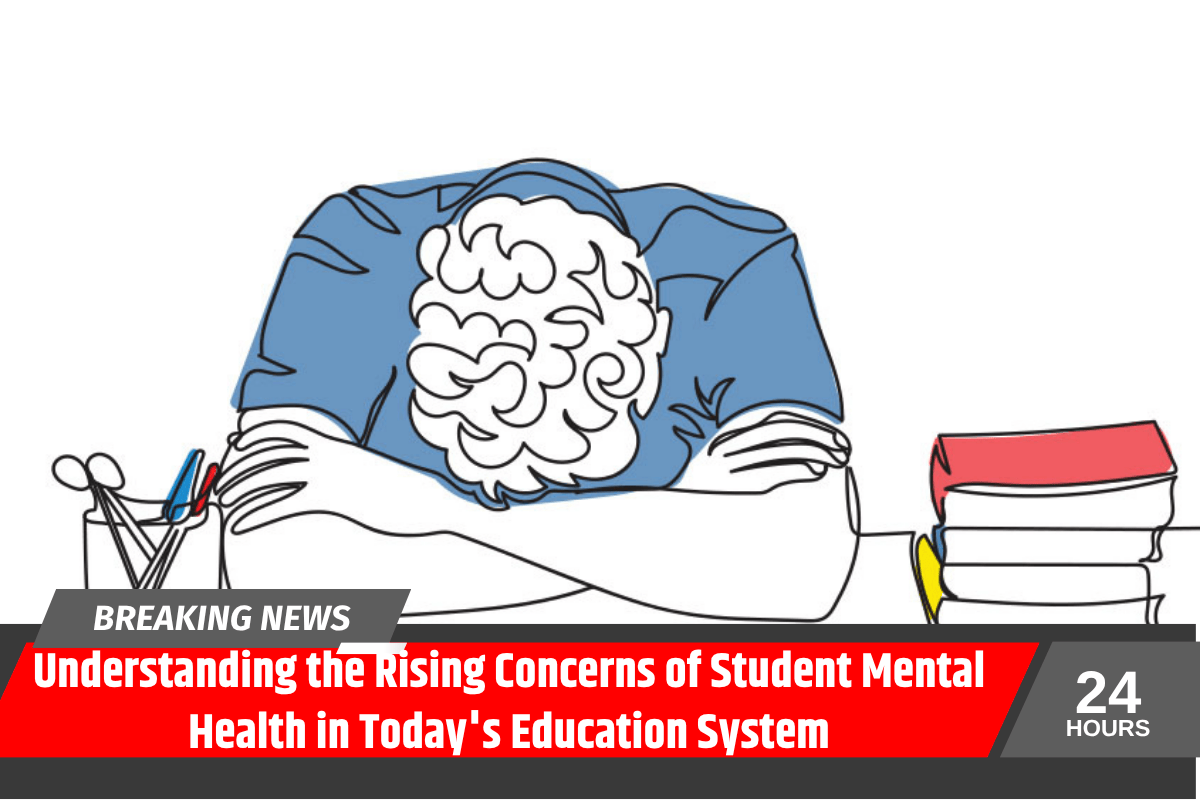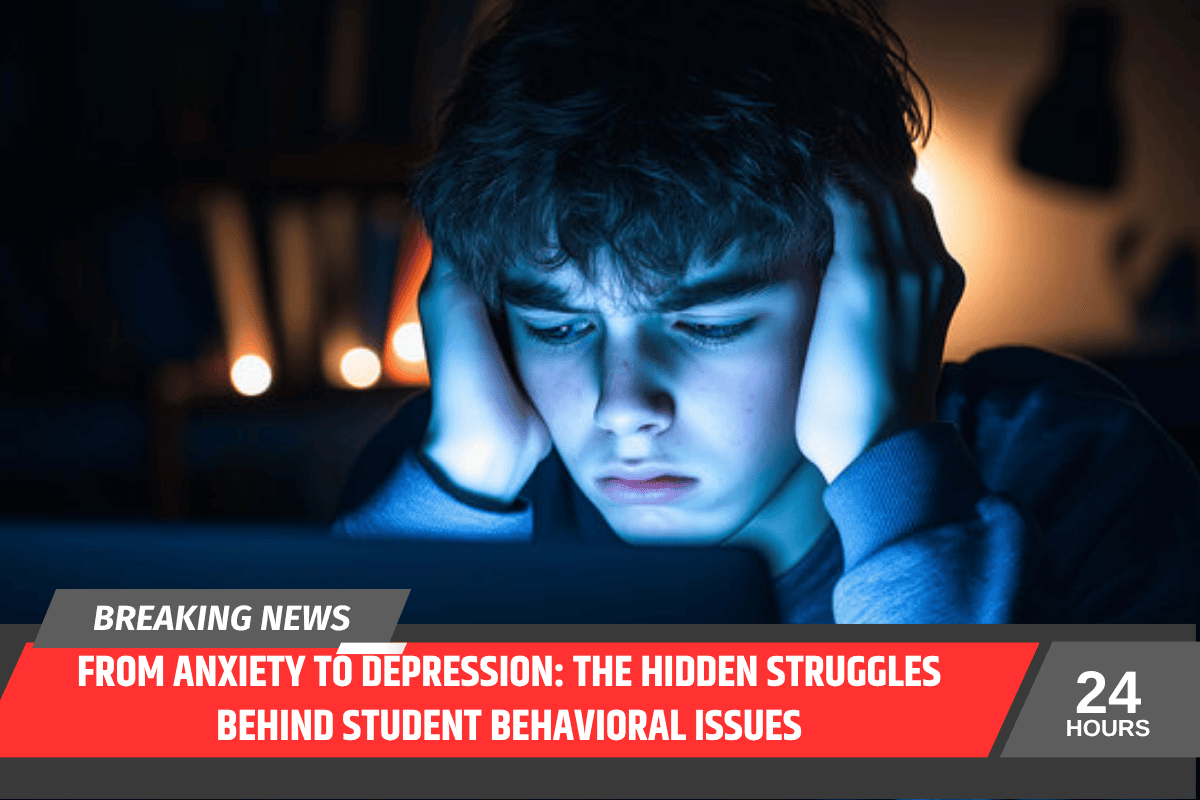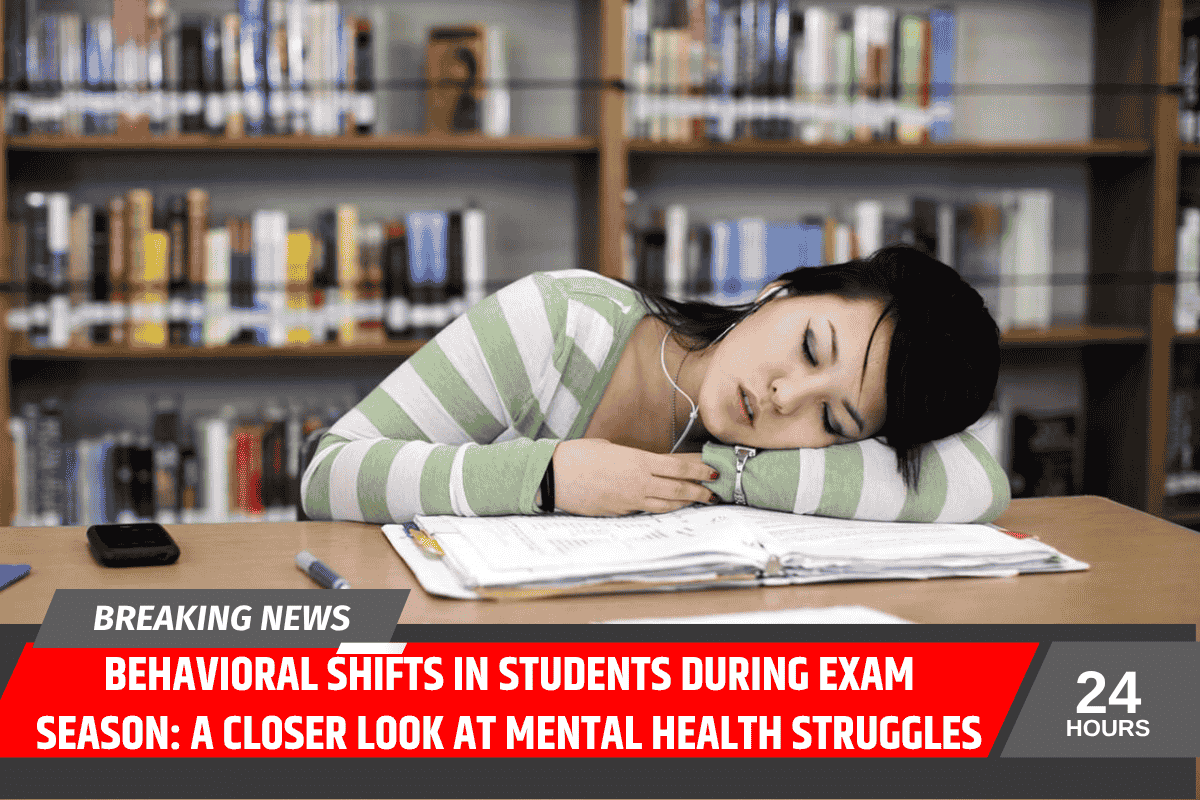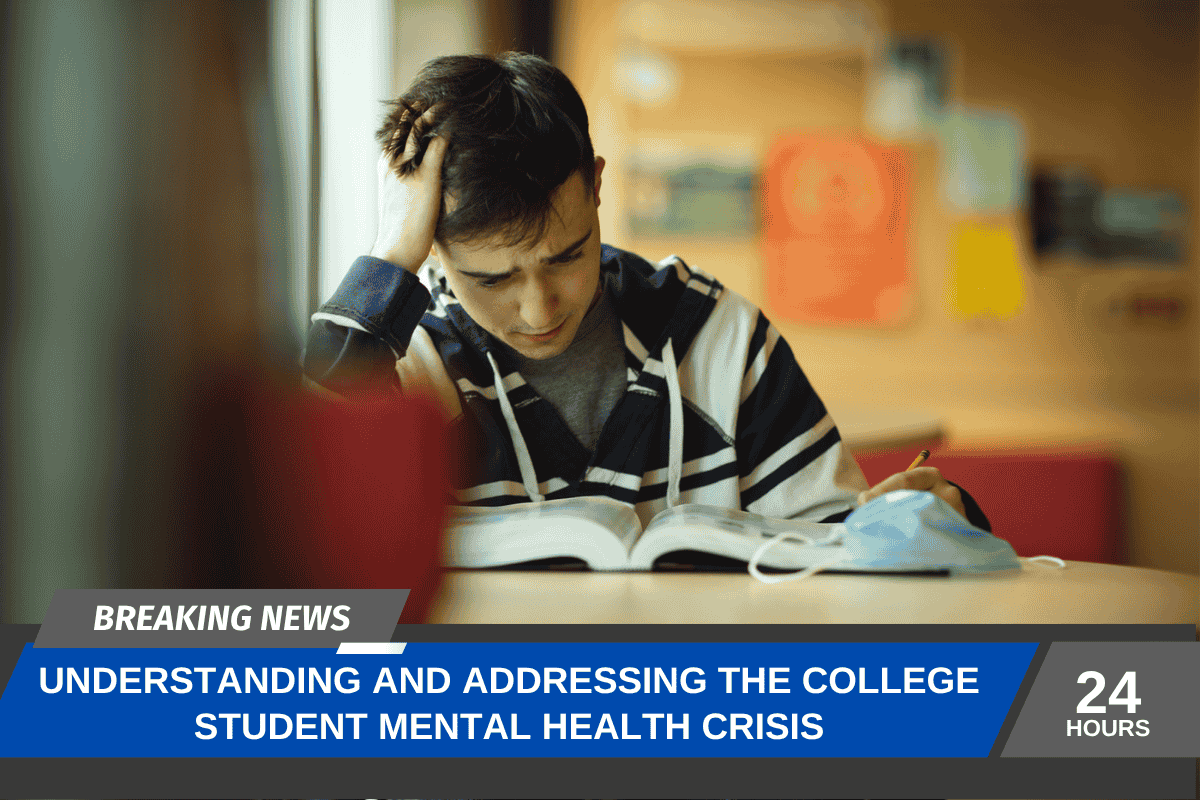College life can be a mix of excitement, independence, and new experiences, but it also comes with a lot of pressure. From managing schoolwork to dealing with finances and forming new relationships, college students often find themselves facing overwhelming demands.
On top of academic stress, societal, environmental, and personal factors contribute to high stress levels, leading to increased mental health concerns. Let’s explore the challenges students face, the symptoms of stress, and ways to manage mental well-being.
The Struggles College Students Face
College students are in a time of transition, moving from the familiar routines of high school to the independence of adulthood.
For many, it’s their first time living away from home, and with that comes a lot of new responsibilities, including managing finances, taking exams, and navigating social circles. This shift can easily lead to stress, especially when students have to juggle multiple courses, projects, and personal commitments without much coordination from their instructors.
As Leslie Rith-Najarian, a psychologist at UCLA, points out, many students are learning time management for the first time, which can be difficult without prior experience.
The Impact of Stress on Mental Health
While a small amount of stress can motivate students, research has shown that high levels of stress can negatively affect their mental health and even their academic decisions. According to a Gallup poll conducted in October 2024, nearly one-third of students considered dropping out due to emotional stress, with mental health concerns being the primary reason.
Financial pressures and a sense of not belonging were other major factors influencing these decisions.
The feeling of isolation is a particular concern for young adults. As Vaile Wright, a senior director at the American Psychological Association, explains, lack of social connection increases loneliness, which can lead to depression and even suicidal thoughts.
Social connections are vital for managing stress, and when these connections are lacking, it can worsen the overall mental health of students.
Societal Issues Affecting Stress Levels
The pressures on students aren’t just academic; societal issues such as mass shootings, racial tensions, political divides, and environmental concerns also weigh heavily on their minds.
According to the APA’s 2024 “Stress in America” report, individuals aged 18-34 report the highest levels of stress related to personal safety and broader societal issues. The constant exposure to stressful events, like gun violence, can make the future seem uncertain, adding to the emotional burden students are already carrying.
Recognizing the Symptoms of Stress
It’s important to recognize the signs of stress early so that students can take action before it negatively impacts their mental health. Physical symptoms of stress can include headaches, muscle tension, stomachaches, trouble sleeping, and even grinding teeth.
Emotional signs may include avoiding social situations, assuming the worst outcomes, or constantly dwelling on negative thoughts. Jessica Gomez, a clinical psychologist, suggests paying attention to changes in diet, sleep patterns, and irritability, as these are common signs of heightened stress.
Building Strong Social Connections
One way to counteract stress is by building strong social connections. According to the Gallup poll, a significant portion of students who considered dropping out cited feelings of loneliness and a lack of belonging as key factors.
Experts recommend joining clubs, participating in extracurricular activities, and forming friendships to build a supportive network. Social connections not only provide emotional support but can also help students feel more engaged and less isolated during their college years.
The Importance of Healthy Habits
Maintaining good physical health is closely linked to mental well-being. Healthy habits such as regular exercise, adequate sleep, and a balanced diet can help students better manage stress.
Physical activity, in particular, helps release stress-relieving hormones like endorphins, while sleep helps the body and mind recover from the day’s challenges. Experts suggest getting at least eight hours of sleep and incorporating regular exercise into daily routines to keep stress in check.
Seeking Help When Needed
When stress becomes overwhelming, it’s important for students to reach out for help. Colleges often offer mental health resources such as counseling services and support groups, which can provide much-needed assistance for students struggling with emotional stress.
If you feel overwhelmed, don’t hesitate to talk to a counselor or a trusted friend or family member. Recognizing the need for help early on can prevent more serious mental health issues from developing, and there should never be any stigma around seeking support.
Managing stress and mental health during college is not easy, but it’s essential for academic success and overall well-being. By recognizing the signs of stress, building strong social connections, and maintaining healthy habits, students can reduce the impact of stress on their lives.
Moreover, seeking help when needed is a crucial step toward managing mental health effectively. College is a time of growth, and taking care of mental health is just as important as academic achievement.

